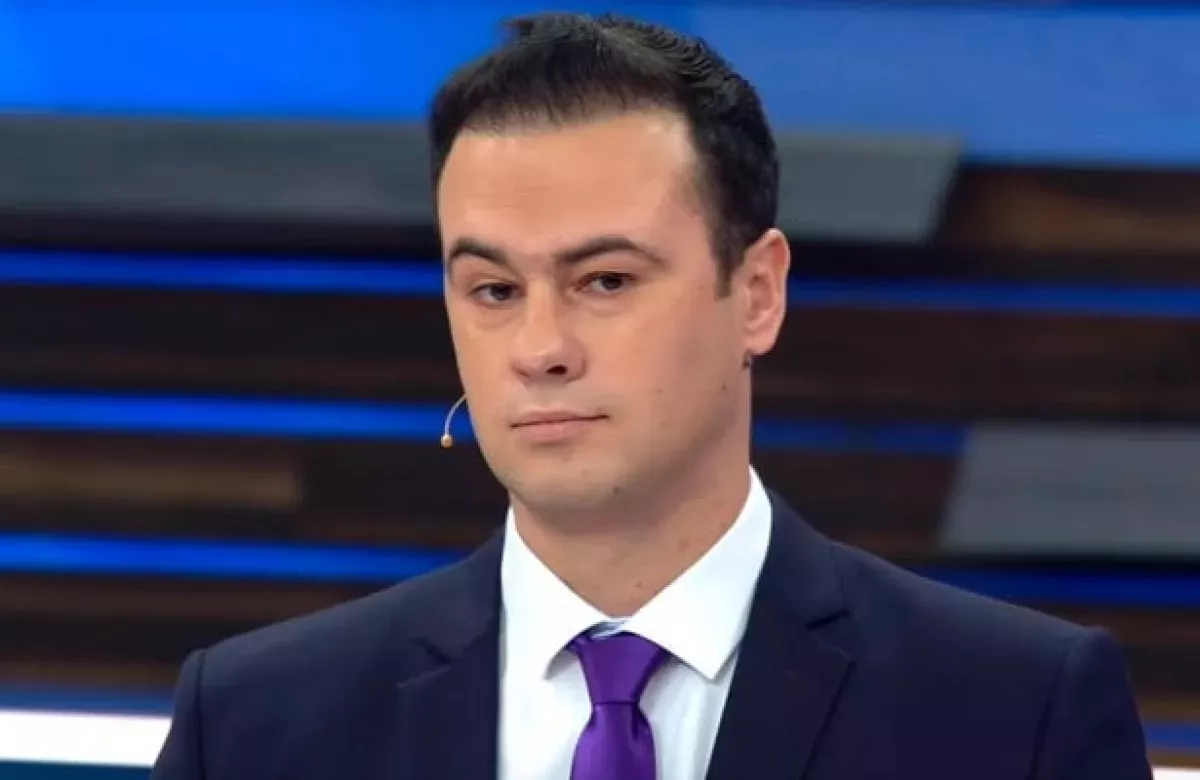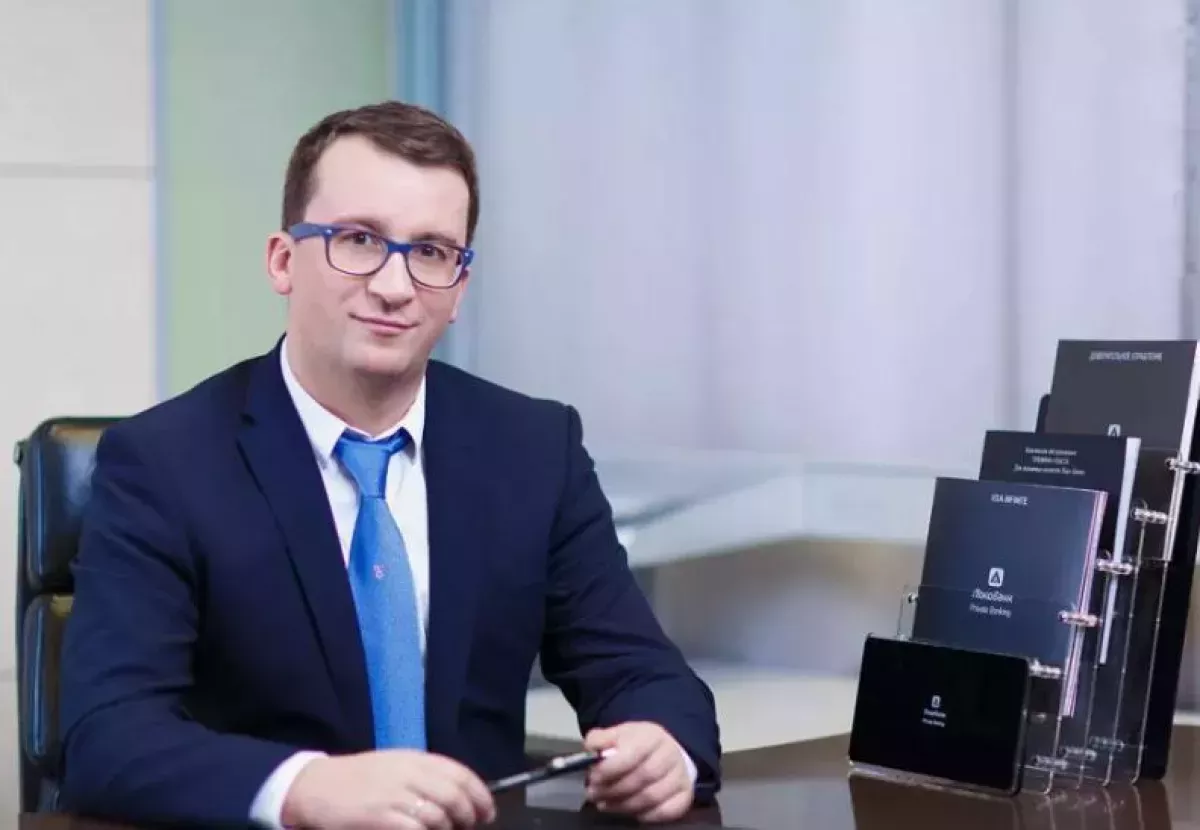Russia-Ukraine war: Is there a chance for diplomacy? Analysts discuss the dynamics of peace talks
Kyiv and Moscow are reportedly close to ending the war in Ukraine through diplomatic means. This was stated on CNN by Kirill Dmitriev, Russia’s special presidential representative for investment and economic cooperation with foreign countries.
In his view, Ukrainian President Volodymyr Zelenskyy’s recent remarks about the possible cessation of the war along the front line represent a significant step forward. The Russian presidential representative added that previously, the Ukrainian leader had demanded a full withdrawal of Russian forces from Ukrainian territory.
“So actually, I think we are reasonably close to a diplomatic solution that can be worked out,” Dmitriev explained.
At the same time, voices in Europe have once again highlighted that Russia is suffering serious financial and human losses in the course of its “special military operation,” finding itself in a stalemate with minimal progress along the front line. This, according to analysts, is pushing Moscow to seek less costly ways to end the war.
The newly imposed sanctions on Russia’s energy sector—estimated by experts to amount to several billion dollars—have also dealt a heavy blow to the country’s economy. In such a situation, is it possible that Moscow is now ready to seriously accelerate negotiations with Kyiv, or should one not expect any tangible results just yet?
Caliber.Az sought insights from Ukrainian and Russian political analysts on this issue.
Ukrainian international relations expert Maksym Yali believes that Russia is being forced to look for ways to make peace due to the new sanctions imposed by Donald Trump.

“However, as can be seen from Putin’s statements—and, most importantly, from the massive attacks on Ukraine’s energy infrastructure immediately after the official announcement of the cancelled meeting in Budapest—he has no intention of ending the war in the near future. This is also reflected in the statements of the Russian presidential press secretary, Peskov, and Foreign Minister Lavrov, because they refuse to accept the conditions proposed by Donald Trump, namely, a cessation of hostilities along the front line. They insist that the Donetsk region must be fully placed under Russian control. These agreements were reportedly reached during the meeting between the presidents of Russia and the United States in Alaska. Accordingly, their position has not changed,” the analyst said.
In his view, Russia’s special presidential representative Dmitriev is merely trying to smooth over tensions and explore additional compromise options, but he is not authorised to make any decisions.
“So, all of this is a smokescreen to preserve a minimum objective for the Kremlin and avoid damaging relations with the Trump administration. That is why Dmitriev went to the United States. In other words, Lavrov expresses the position of the Russian ‘hawks,’ while Dmitriev plays the so-called ‘dove.’ But this does not change the essence of the matter. In the short term, one should not expect a cessation of hostilities,” Yali concluded.

Meanwhile, Russian political analyst Renat Savin believes that Moscow has long been seeking ways to end the war, with the negotiation process under the personal control of the president. The main problem, he says, is that Kyiv overestimates Ukraine’s chances of a quick victory, which has caused the negotiation process to stall for a long time.
“The root of the problem is the completely unrealistic position of the European powers, which are playing their own game in this situation. For years, European leaders have repeated like a mantra that Russia is doomed to defeat because it is fighting against all of Europe and the United States. Meanwhile, the delivery of new European weapons only exacerbates the situation and pushes Ukraine to continue military operations. Moreover, some European leaders constantly whisper to President Zelenskyy that the war must continue and that Europe is always ready to provide maximum support to Ukraine. In reality, however, this is just rhetoric. Financial aid is carefully measured, and weapons deliveries are extremely limited because Europe’s military equipment stocks are nearly exhausted, and its defence industry replenishes gaps very slowly. As a result, Ukraine cannot claim any significant military victories, even though it seemingly has the full backing of Europe. Behind all this, one can see some EU leaders attempting to fight Russia with Ukrainian hands, aiming to weaken Moscow’s military potential.
However, the intervention of Donald Trump, who takes a more realistic view of the situation, has brought the negotiation process into a new, more productive phase. Although it may seem that dialogue between the parties has stalled, in reality Moscow is actively working to find common ground with Kyiv and coordinating its actions with Trump. The visit of Russia’s special presidential representative Kirill Dmitriev to the United States and his statements clearly illustrate this hidden, behind-the-scenes aspect of the negotiation process, showing that discussions involving the U.S. president are progressing actively without loud public announcements. Dmitriev’s latest remarks directly indicate that there are positive outcomes, and they are taking place precisely within the framework of diplomatic dialogue,” Savin concluded.








